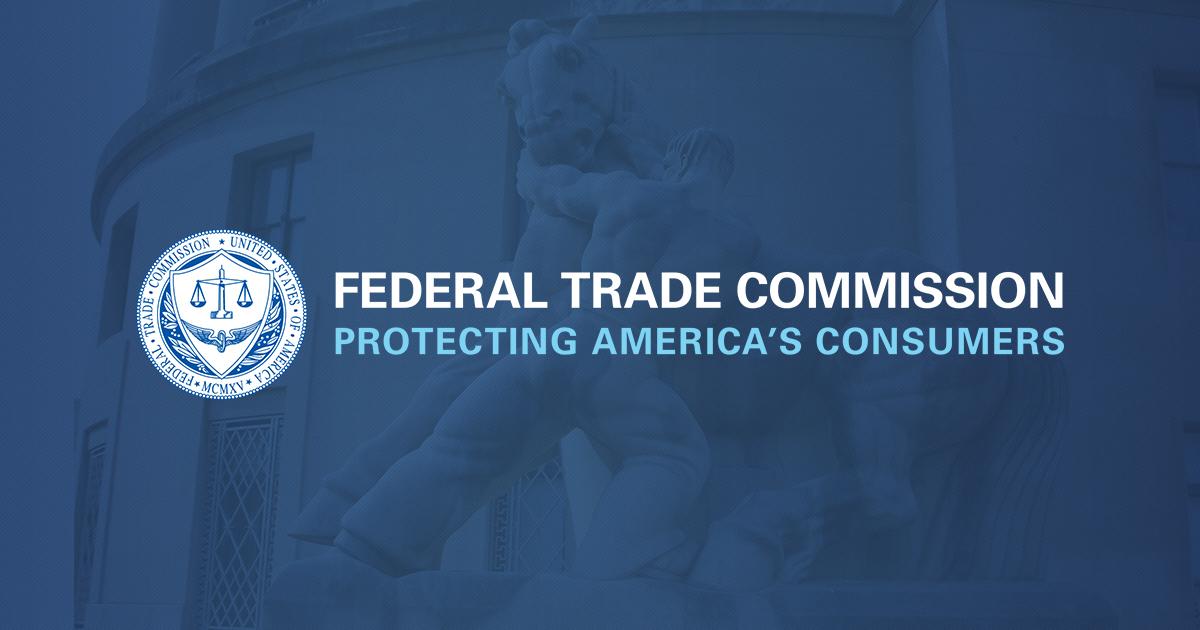The Federal Trade Commission is extremely busy targeting businesses that are misleading consumer or employ deceptive claims for money making opportunities.
Misleading consumer on social media, which it is extremely common even in the tax industry ensuring $50,000 of tax savings for clients on average, a million dollar tax refund, etc. might generate a Federal Trade Commission investigation stopping the operation and freezing those assets (or getting hefty fines). For example, the organization USA Student Debt Relief made statements in social media were completely untrue and not attainable by potential clients such as “… reduce payments on her $200,000 student loans from $1300 a month for 28 years to just $417 a month for eight years.” There were misleading promises that took millions of dollars from consumers without providing the debt relief claims that they advertised in social media.
Deceptive claims for money are more and more common these days, from emails to text messages promising either $XX dollars an hour, working from home only a few hours and other “hook” claims. In the FTC article, the main actor Arise made some distorted statements which were not real, such as:
- “…Arise’s representation that consumers would earn “up to $18/hour” by working as customer service agents for Fortune 500 companies.
- Arise further enticed people with claims like “run your own company,” “be your own boss,” and “kiss your 9-to-5 goodbye.”
- Arise made those “up to $18/hour” representations when the average pay for jobs on the its platform was just $12 an hour and that 99.9% of the consumers made less than the advertised $18 in hourly pay.
- One ad featured a testimonial from a consumer who claimed, “Prior to starting my own call center, I worked two jobs, one full-time and the other part-time. In a matter of months I was able to quit both jobs and dedicate my time to my company. The Arise Platform has truly changed my life.”
These fraudulent claims resulted in a $7 million proposed settlement with Arise.
Our recommendation is not to fall for these fraudulent communications, be skeptic on promises that sound too good to be true and ensure you are receiving services from a professional and reputable vendor. If you are a business owner and you are unsure if you use similar practices, review the internal practices, contact an attorney to get guidance and potentially correct/update your operating procedures.
Link FTC – How is a student debt relief outfit allegedly misleading consumers? Let us count the ways.


